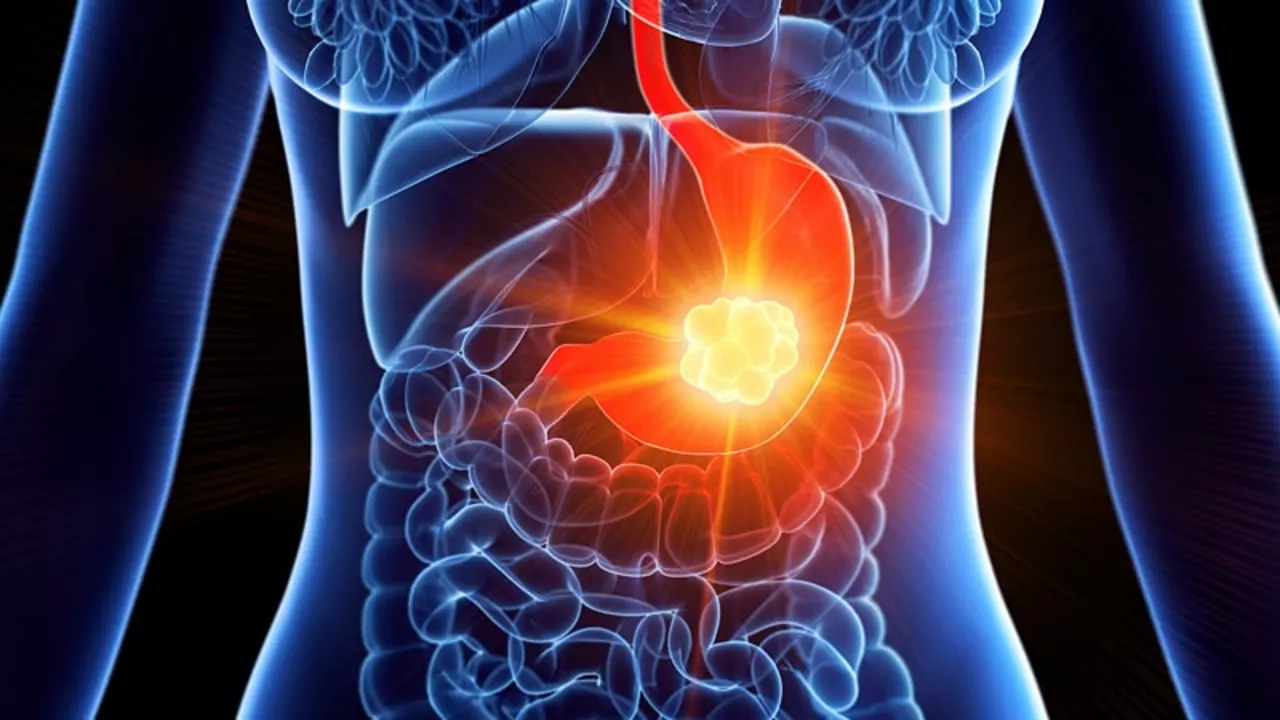Caffeine: What It Is, How It Works, and How to Use It Safely
If you reach for a cup of coffee, an energy drink, or even a piece of dark chocolate every morning, you’re probably getting a dose of caffeine. This little molecule is the world’s most popular stimulant, and it shows up in everything from tea to over‑the‑counter pain relievers. Understanding what caffeine does to your body can help you enjoy its perks without the unwanted jitters.
How Caffeine Affects Your Body
Caffeine blocks a chemical called adenosine, which normally makes you feel tired. When adenosine is blocked, dopamine and norepinephrine levels rise, giving you that familiar boost in alertness and mood. That’s why a single espresso can make a sluggish brain feel sharper within minutes.
Besides waking you up, caffeine can improve physical performance. Studies show that 3‑6 mg of caffeine per kilogram of body weight (roughly the amount in two strong coffees for a 70 kg adult) can increase endurance and strength output. It also nudges metabolism upward, helping you burn a few extra calories.
Safe Ways to Enjoy Caffeine
The key to safe caffeine use is moderation. Most health agencies suggest staying below 400 mg per day for healthy adults – that’s about four 8‑oz cups of brewed coffee. If you’re sensitive, pregnant, or have heart problems, aim lower: 200 mg or less.
Spread your intake throughout the day instead of gulping a massive dose in one sitting. A steady stream keeps blood pressure from spiking and reduces the chance of a crash later. Also, avoid caffeine late in the afternoon; even a small amount can mess with sleep for many people.
Watch out for hidden sources. Energy drinks, certain teas, and even some pain relievers contain caffeine. Reading labels helps you keep track so you don’t accidentally double‑dip.
If you notice side effects like rapid heartbeat, anxiety, or stomach upset, cut back a bit. Sometimes swapping coffee for tea gives the same alertness with less jitter because tea contains L‑theanine, which smooths out caffeine’s edge.
People who regularly consume caffeine can develop tolerance – meaning you need more to feel the same lift. To reset your sensitivity, try taking a caffeine‑free day each week or two.
Caffeine also interacts with some medications, especially certain antibiotics and heart drugs. If you’re on prescription meds, ask your pharmacist whether caffeine could affect them.
For athletes, timing matters. Consuming caffeine 30–60 minutes before a workout maximizes its performance benefits. Post‑exercise, however, it’s better to focus on recovery drinks without stimulants.
In short, caffeine can be a helpful tool for focus, mood, and physical effort when used responsibly. Stick to recommended limits, spread your doses, watch the clock, and listen to how your body reacts.
Got questions about your personal caffeine intake? Our experts at Rxmedonline are ready to help you figure out what works best for you.
The Impact of Caffeine on Functional Dyspepsia
As a blogger who's always on the lookout for new health information, I recently came across some fascinating research on the impact of caffeine on functional dyspepsia. It turns out that caffeine can exacerbate symptoms of this common digestive disorder, which includes discomfort, bloating, and indigestion. Some studies suggest that reducing caffeine intake may help alleviate these unpleasant symptoms. However, it's important to remember that everyone's body is different, so the effects of caffeine can vary from person to person. Personally, I'll be keeping this in mind and monitoring my caffeine intake to see if it helps improve my gut health.
